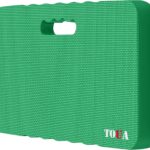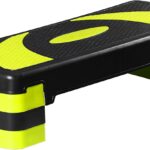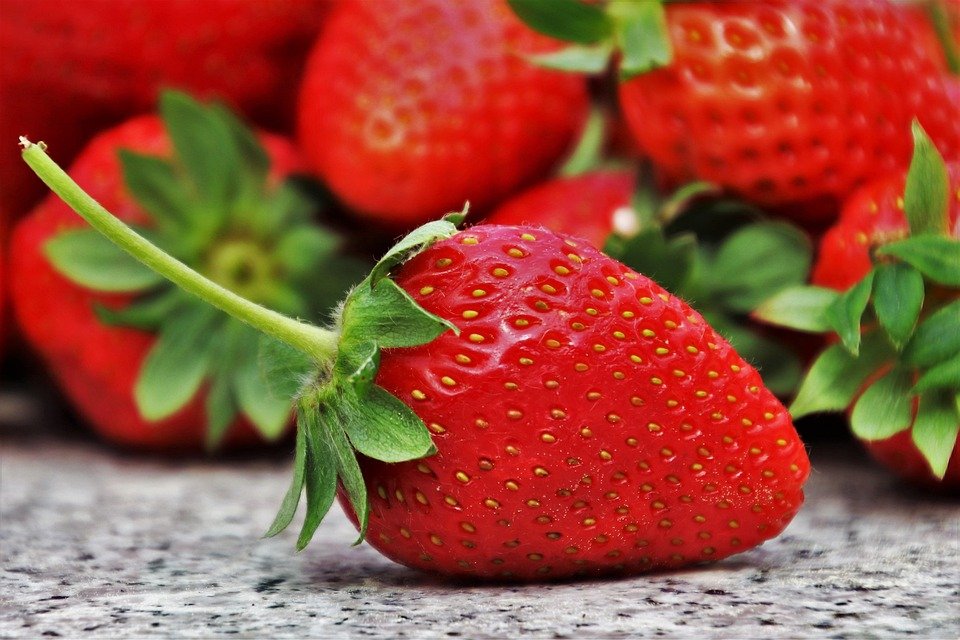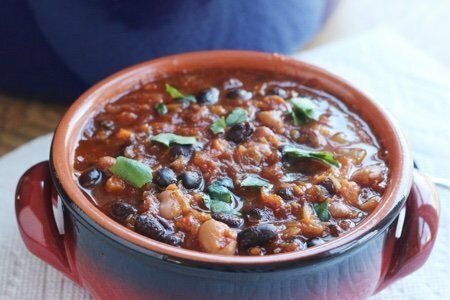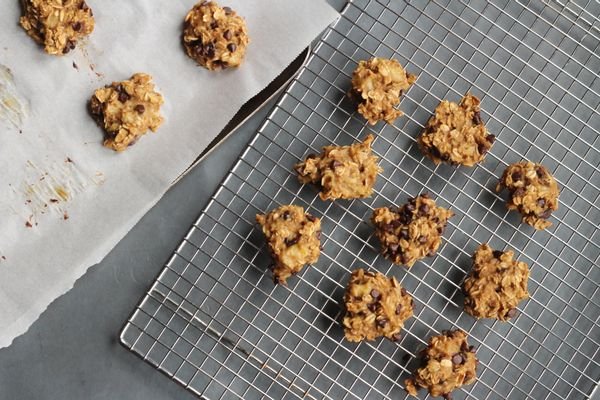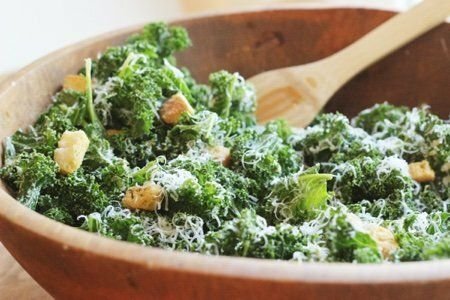Fat loss can often feel like a daunting journey, especially for women juggling various responsibilities and facing unique physiological challenges. However, with the right knowledge, tools, and commitment, sculpting your desired shape can be an achievable goal. This article delves into a comprehensive fat loss diet plan specifically tailored for women, focusing on balanced nutrition and sustainable lifestyle changes.
Thank you for reading this post, don't forget to subscribe!Understanding Fat Loss
Before diving into the diet plan, it’s essential to understand the science behind fat loss. When the body consistently burns more calories than it consumes, it enters a calorie deficit, which leads to weight loss. However, it’s not merely about eating less; it’s about eating right. A good fat loss diet should enable women to lose weight while preserving lean muscle mass, thus ensuring they remain healthy and energized.
Key Principles of a Fat Loss Diet
Effective fat loss dietary guidelines include the following principles:
- Caloric Deficit: Consuming fewer calories than your body needs for energy.
- Macronutrient Balance: Ensuring a proper ratio of carbohydrates, proteins, and fats.
- High Fiber Intake: Including plenty of fruits, vegetables, and whole grains to promote fullness.
- Hydration: Drinking adequate water to support metabolic processes.
- Mindful Eating: Paying attention to hunger cues and avoiding distractions while eating.
The Ultimate Diet Plan
Here’s an example of a balanced daily meal plan designed to support fat loss while nourishing the body:
Breakfast
Option 1: Overnight oats made with rolled oats, almond milk, chia seeds, and topped with berries.
Option 2: A vegetable omelet made with eggs and spinach, served with a slice of whole-grain toast.
Mid-Morning Snack
An apple with a tablespoon of peanut butter or a small handful of almonds.
Lunch
Option 1: Grilled chicken salad with a variety of mixed greens, cherry tomatoes, cucumbers, and a vinaigrette dressing.
Option 2: Quinoa bowl topped with roasted vegetables and chickpeas drizzled with tahini.
Afternoon Snack
A smoothie made with spinach, banana, almond milk, and a scoop of protein powder.
Dinner
Option 1: Baked salmon with steamed broccoli and sweet potato.
Option 2: Stir-fried tofu with bell peppers and brown rice.
Evening Snack
A small bowl of Greek yogurt with a sprinkle of cinnamon and a few walnuts.
Additional Tips for Success
To succeed in your fat loss journey, consider these additional tips:
- Meal Prep: Prepare meals in advance to avoid unhealthy last-minute choices.
- Consistency: Stick to your diet plan as closely as possible but allow for occasional treats.
- Seek Support: Join online groups or enlist friends for accountability.
- Regular Exercise: Incorporate both cardio and strength training into your routine to enhance results.
Benefits of a Healthy Fat Loss Diet
Adopting a healthy fat loss diet brings a multitude of benefits beyond achieving a desired weight. These include:
- Improved energy levels to tackle daily tasks.
- Enhanced mood resulting from balanced nutrition.
- Better sleep patterns, leading to overall better recovery.
- Increased confidence as physical and emotional well-being improve.
Conclusion
Embarking on a fat loss journey can be challenging, yet it is entirely feasible with the right approach. The key is to focus on a balanced diet that promotes a steady and sustainable fat loss while ensuring overall health is prioritized. Remember, everyone’s body is different, and what works for one person may not work for another. Therefore, it’s essential to listen to your body and make adjustments as necessary. By following the outlined diet plan and incorporating healthy habits, women can effectively sculpt their shapes and achieve their fat loss goals.
Frequently Asked Questions
1. How long does it take to see results from a fat loss diet?
Results vary based on individual metabolism, consistency in following the plan, and starting body composition. Typically, one can see initial changes within 2-4 weeks.
2. Can I still eat carbs on a fat loss diet?
Yes! Carbohydrates are essential for energy. The key is to focus on complex carbs like whole grains, fruits, and vegetables while limiting refined sugars.
3. Is exercise required for fat loss?
While it’s not mandatory, regular exercise complements a fat loss diet and enhances results by boosting metabolism and preserving muscle mass.
4. Should I take supplements while following this diet?
Supplements are not necessary for everyone and should not replace whole foods. However, consider talking to a healthcare professional if you think you might have specific nutrient deficiencies.
5. What should I do if I hit a weight loss plateau?
Plateaus are common. Consider adjusting your caloric intake, changing your workout routine, or consulting a nutritionist for personalized advice.


